Microsoft made the classic text-based adventure game Zork, along with its sequels Zork II and Zork III, available under the MIT License, marking a significant move towards open-sourcing the iconic franchise. The decision, the result of collaboration between the Xbox and Activision teams and Microsoft's Open Source Programs Office (OSPO), allows developers to access and modify the game's code, while maintaining proprietary control over commercial packaging, marketing assets, and related trademarks.
According to the announcement co-written by Stacy Haffner, director of the OSPO at Microsoft, the company has submitted upstream pull requests to the historical source repositories of Zork I, Zork II, and Zork III, adding a clear MIT LICENSE and formally documenting the open-source grant. This move is seen as a gesture of goodwill towards the gaming community, which has long revered the Zork franchise as a pioneering force in interactive storytelling.
The decision to open-source Zork I, II, and III comes as part of Microsoft's broader efforts to promote open-source development and collaboration. In recent years, the company has made significant strides in this area, including the open-sourcing of its Azure Machine Learning and Cognitive Toolkit (CNTK) projects. By making the Zork code available under the MIT License, Microsoft aims to foster a community-driven approach to game development, potentially leading to new innovations and improvements to the classic titles.
The Zork franchise, originally developed by Infocom in the 1980s, has had a profound influence on the gaming industry, inspiring countless text-based adventure games and influencing the development of interactive fiction as a whole. With the open-sourcing of the code, Microsoft is providing a unique opportunity for developers to explore and build upon the original games, potentially leading to new interpretations and reimaginings of the classic titles.
While the financial implications of this move are unclear, industry analysts suggest that it may have a positive impact on Microsoft's reputation as a supporter of open-source development and community-driven innovation. The company's willingness to open-source the Zork code may also attract new talent and developers to the franchise, potentially leading to new projects and initiatives in the future.
In a statement, Jason Scott, the well-known digital archivist of Internet Archive fame, who collaborated with Microsoft on the open-sourcing effort, noted that "rather than creating new repositories, we have officially submitted upstream pull requests to the historical source repositories of Zork I, Zork II, and Zork III." This approach, he added, allows the community to engage directly with the original code, ensuring a seamless and authentic experience for developers and fans alike.
As the open-sourcing of Zork I, II, and III continues to unfold, Microsoft will likely face scrutiny from the gaming community and industry analysts, who will be watching closely to see how this move impacts the company's reputation and its relationships with developers and fans. With the code now available under the MIT License, the future of the Zork franchise remains uncertain, but one thing is clear: the classic titles will continue to inspire and influence generations of gamers and developers to come.
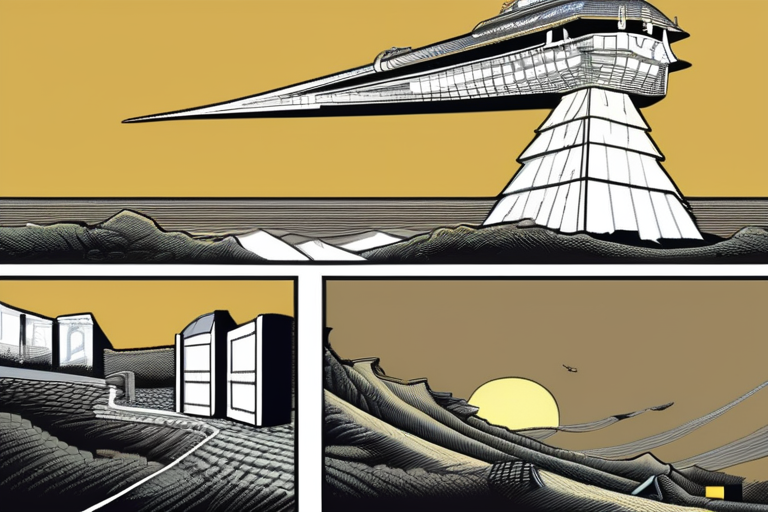


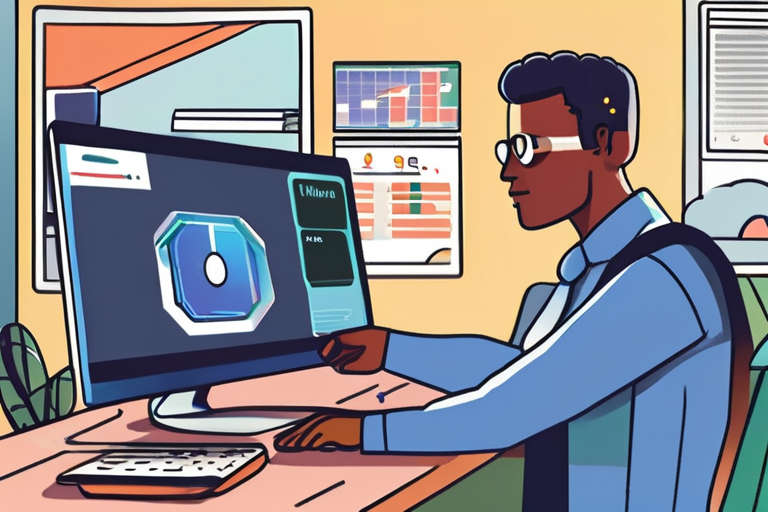

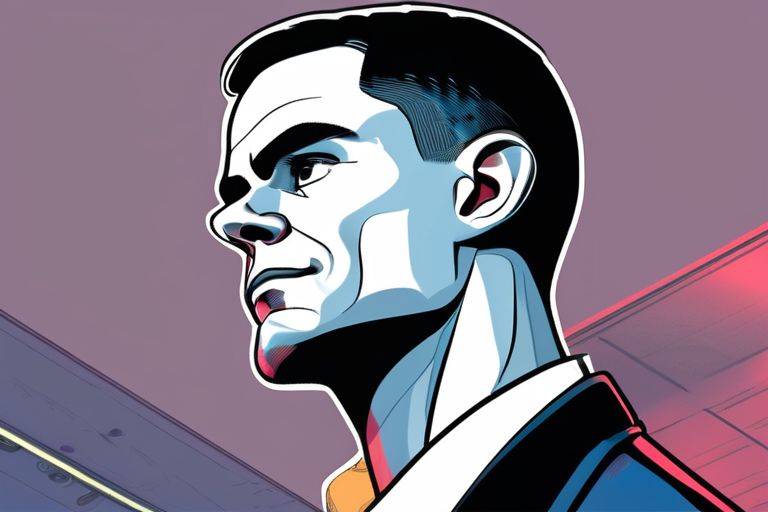


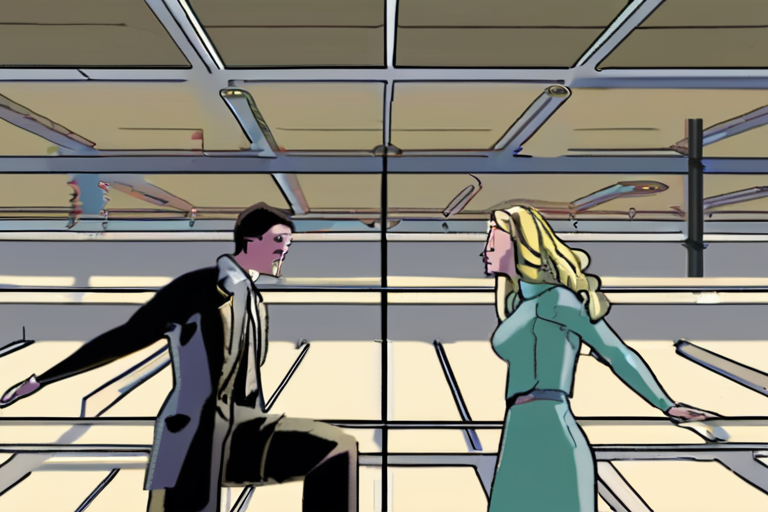

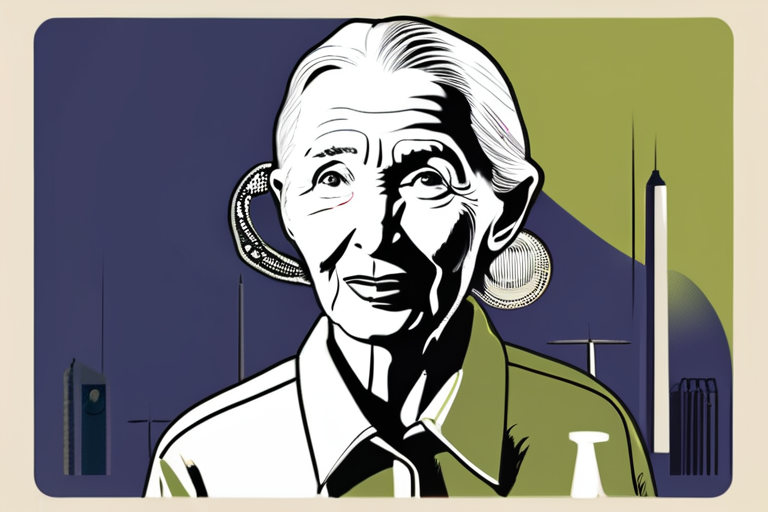

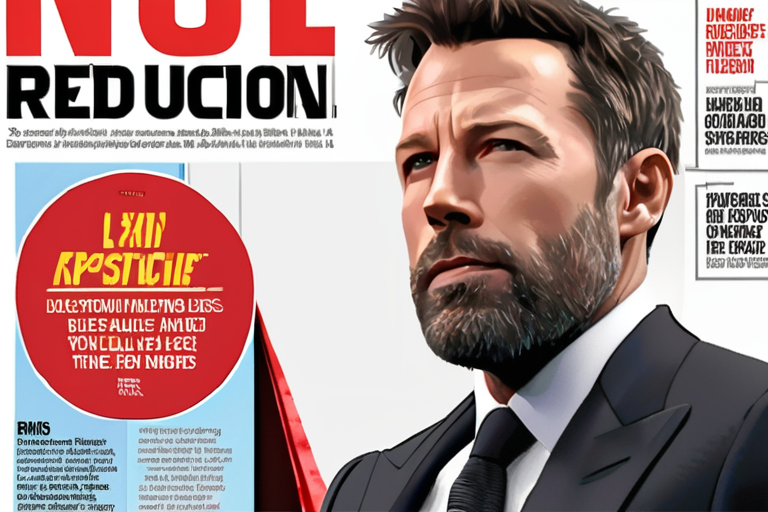
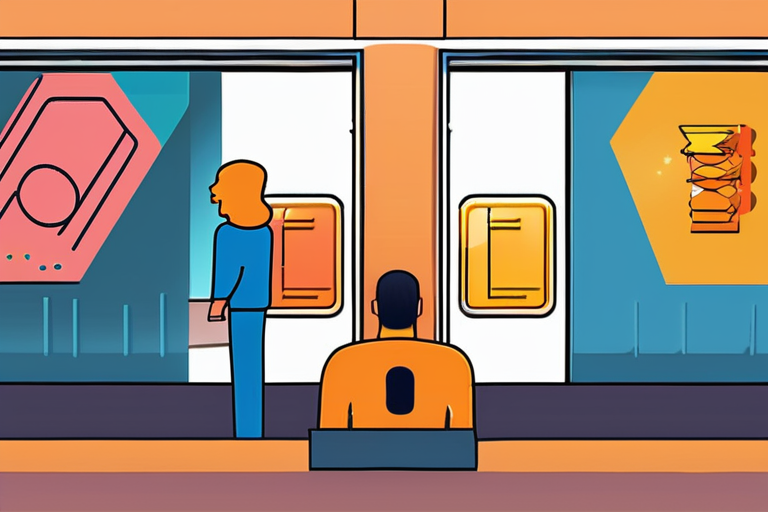


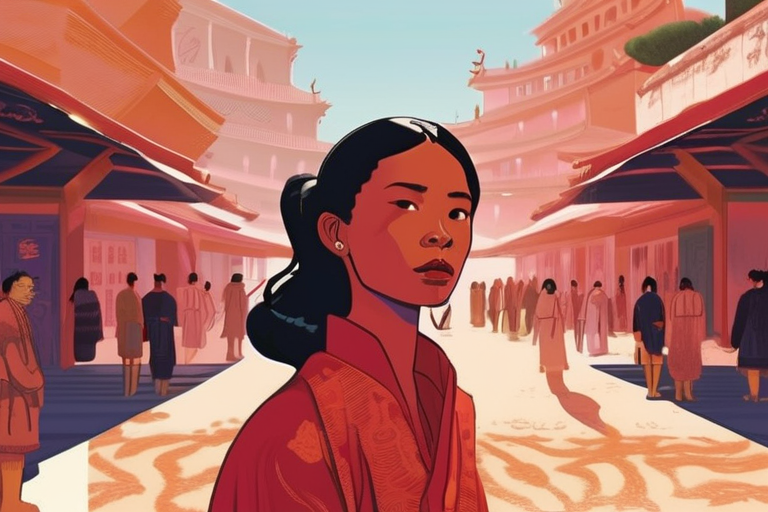
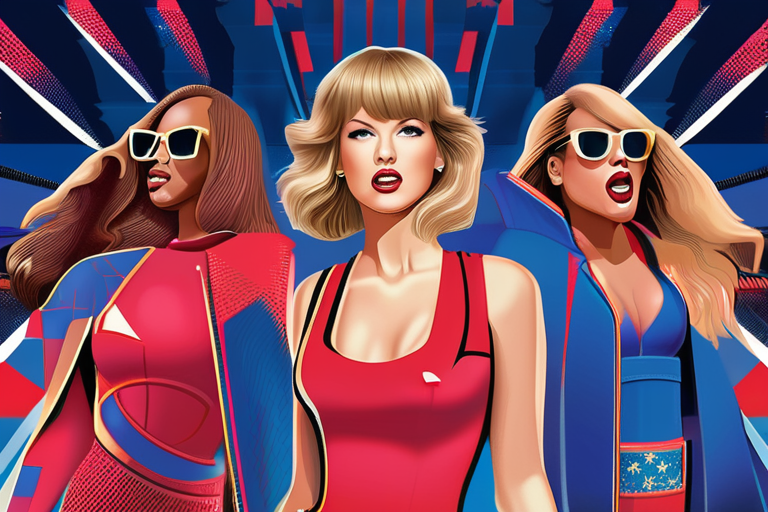
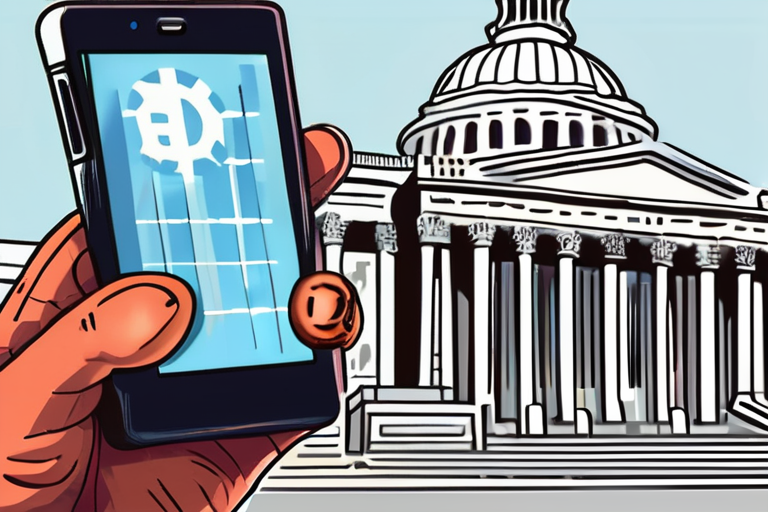

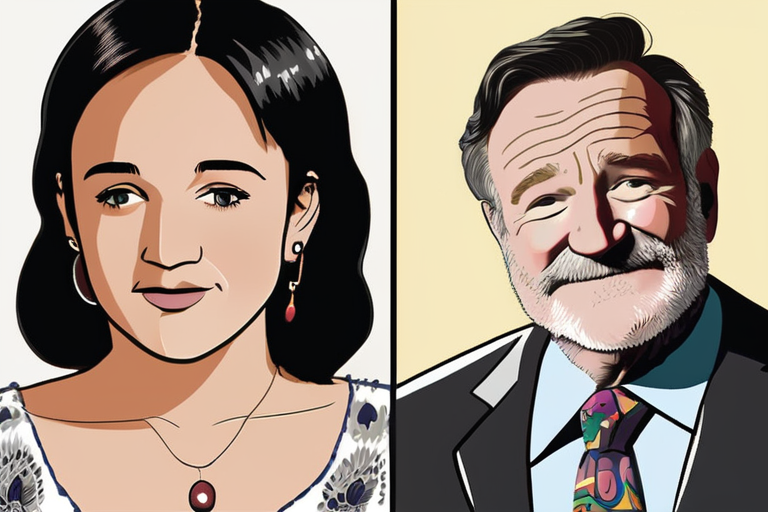
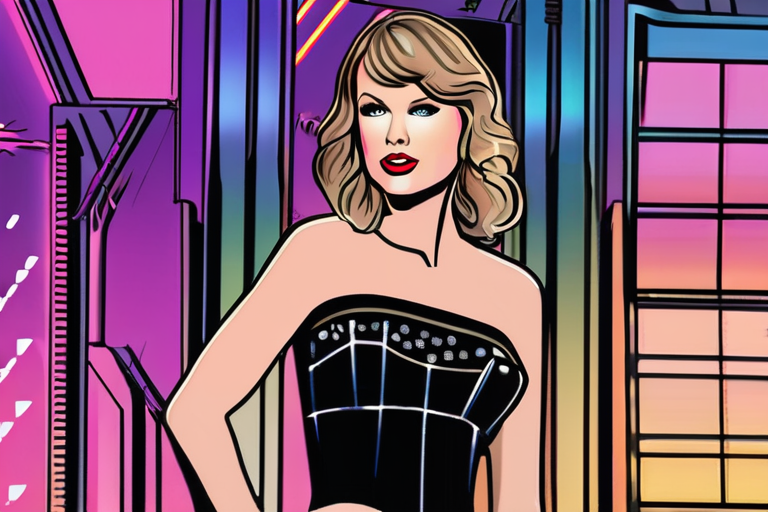
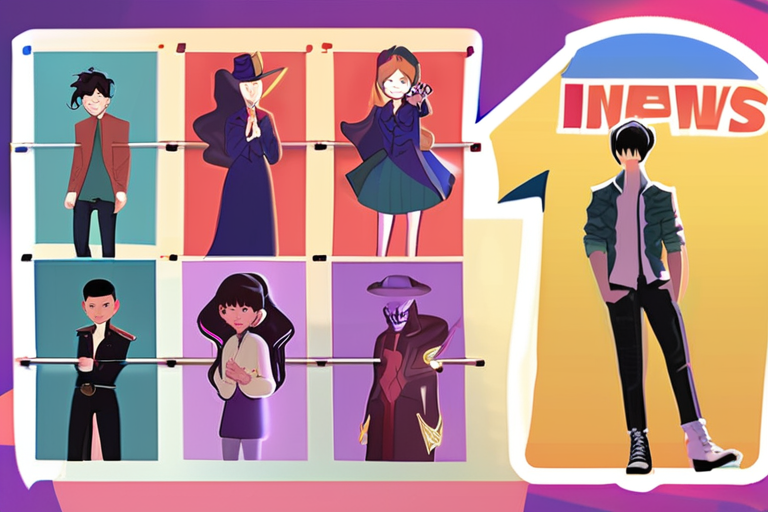
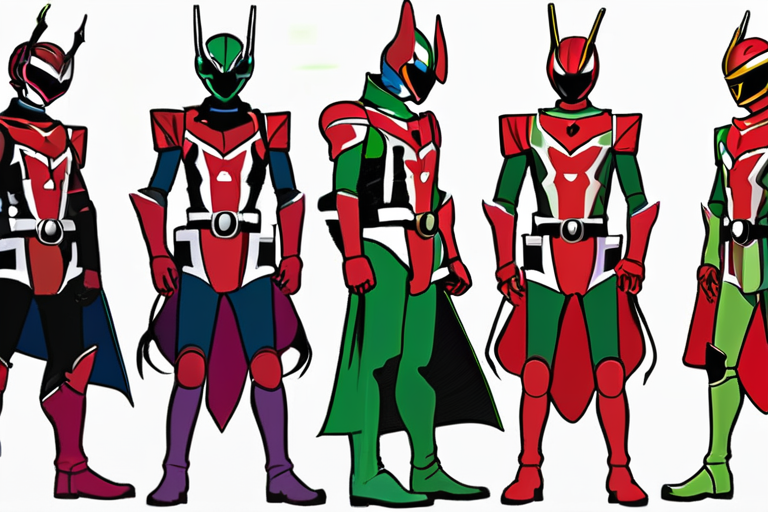

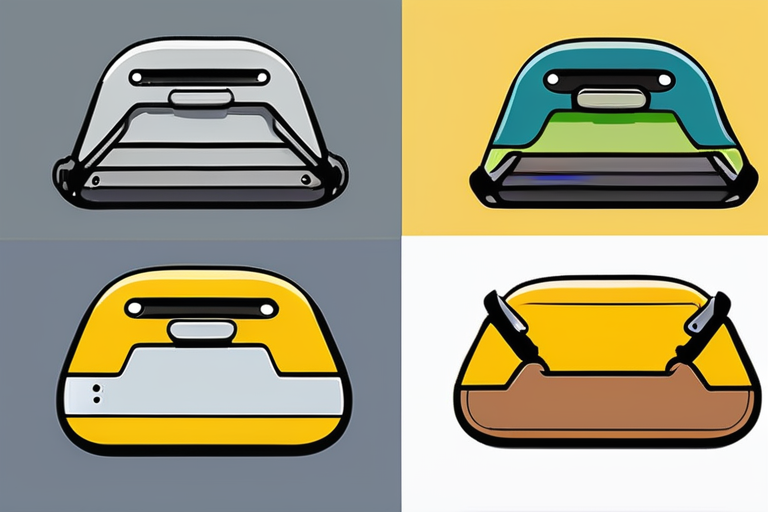

Share & Engage Share
Share this article